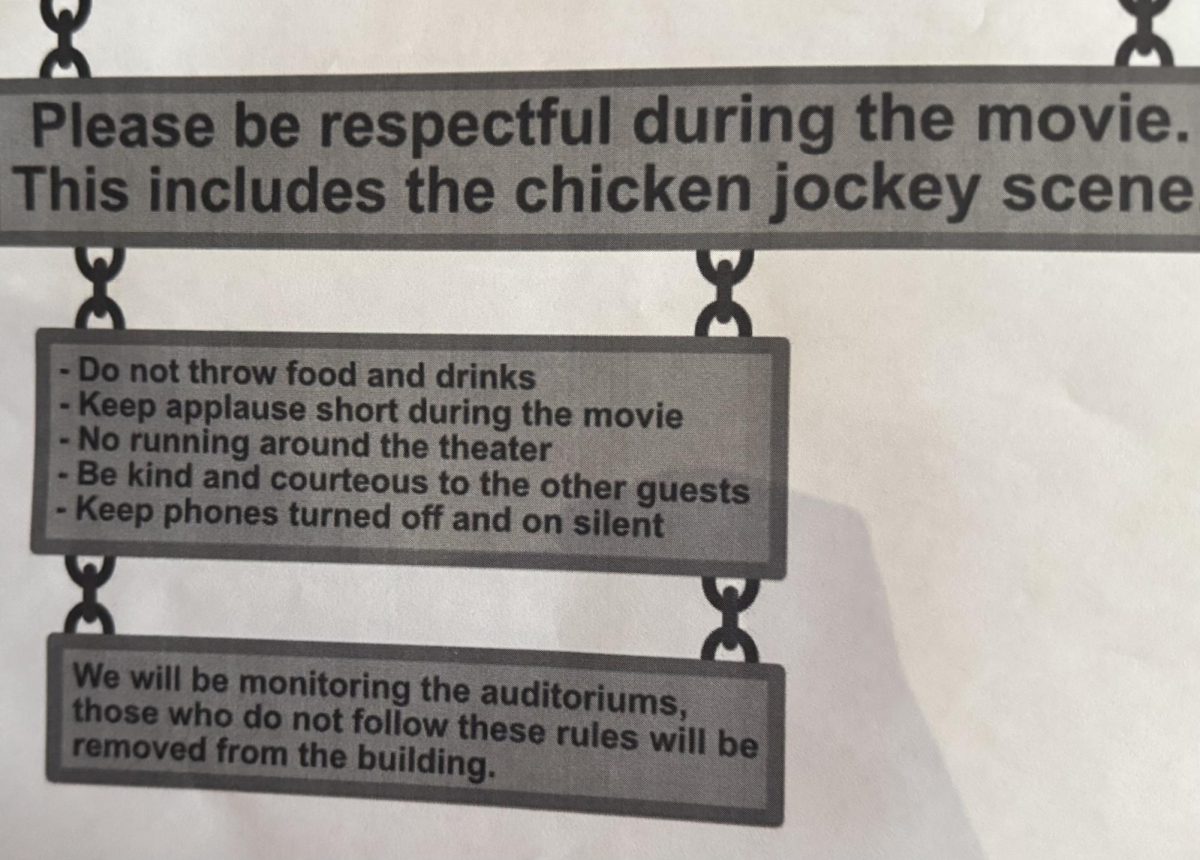The American Civil Liberties Union (ACLU) called the Trans-Pacific Partnership (TPP) Free Trade Agreement (FTA) “the biggest threat to free speech and intellectual property that you’ve never heard of.” This partnership is a new, non-transparent trade pact currently being negotiated by various countries around the world. The small amount we do know of the agreement comes mostly from documents that were leaked and later obtained by the group Knowledge Ecology. Some of the countries included in the agreement are Australia, Brunei, Canada, Chile, Malaysia, Mexico, New Zealand, Peru, Singapore, Vietnam, and of course, the United States. Some of the provisions of this partnership include measures that would grant multinational corporations – e.g. Halliburton, Citigroup, Wal-mart, JP Morgan Chase, Newscorp, PhRMA, the Motion Picture Association of America (MPAA), and Comcast – access to unfair advantages.
These advantages resemble those of former trade agreements like NAFTA (North American Free Trade Agreement), although many critics have claimed the TPP to be even more ethically threatening. Legal cases would be tried in private courts – many of the judges would be appointed directly from the business sectors they are supposed to judge. Pharmaceutical companies would gain leverage such as lengthened patents that would increase the price of medicine. Legislature resembling SOPA (Stop Online Piracy Act) that would hold internet service providers accountable for copyright infringement would be enacted in countries negotiating the partnership. Also, some of the government’s ability to make legislation that would regulate banks and insurance companies would be halted, and corporations would be granted the ability to change parts of environmental laws, violating international standards. Another problematic aspect is the participation of Vietnam and Brunei. Both nations are undemocratic and disallow workers from forming labor unions, broadening corporations’ access to unethical labor practices.
Negotiations on the agreement began in 2008, yet there have never been any official documents released. While journalists and policy makers are in the dark about the exact details of the agreement, 600 American lobbyists have been named official advisors with full access to all text pertaining to negotiations. Even senators such as Ron Wyden (D – Oregon), who is the chair of the Senate Trade Committee, have been unable to gain access to the proceedings. This means we still do not have the whole story about the TPP’s relationship with international labor laws, the availability of cheap medicines, and the respect of small-scale agriculture. However, judging by past trade acts that this one is based on (including NAFTA), social and environmental issues won’t take a high priority.This issue is even more pressing due to President Obama’s interest in putting new fast track policies into place. These Nixon-era tactics allow the executive branch to take almost complete control by permitting representatives to negotiate the terms of trade agreements in secret. With these policies in place, the White House would be able to push the Trans-Pacific FTA through congress without the ability to debate or amend the agreement.
So what can we do? When such undemocratic practices are being put into place, how can we ensure our interests are recognized? There are multiple strategies. First, everyone must be informed about the TPP. One of the biggest issues with this situation is the lack of public consciousness. The awareness tactic has been successful in stopping prior secretive trade agreements such as the 1991 Multilateral Agreement of Investment and the 2003 Free Trade Area of the Americas. Petitions and letter-writing campaigns are also being organized around the TPP. We cannot allow this sinister and secretive agreement to be put into effect.







Joshua Springer • Sep 11, 2019 at 3:53 pm
I like to work on PHP rather than .NET, although .NET gives the facility of drag and drop elements, except I like PHP greatly.
Dorothy Nash • Sep 10, 2019 at 10:07 am
Thanks for the new stuff you have exposed in your article. One thing I would like to comment on is that FSBO human relationships are built with time. By launching yourself to the owners the first weekend their FSBO is announced, prior to the masses commence calling on Mon, you create a good link. By sending them equipment, educational materials, free reviews, and forms, you become a good ally. By subtracting a personal curiosity about them along with their circumstances, you produce a solid link that, on many occasions, pays off as soon as the owners decide to go with an agent they know and also trust — preferably you.
Austin Hunter • Sep 8, 2019 at 2:40 pm
Some genuinely nice stuff on this internet site, I love it.